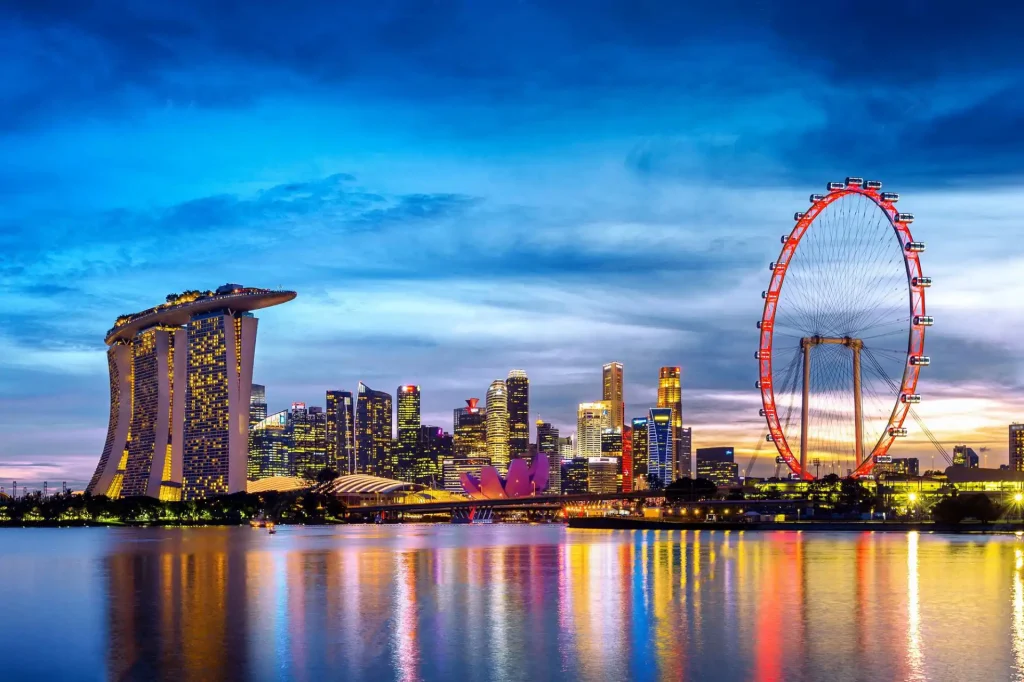In a landmark decision, Thailand’s cabinet has approved a draft law aimed at legalizing integrated resorts, a move that hopefully could be followed by legislation centered on online gaming, an analyst told AGB.

This approval follows a meeting led by Prime Minister Paetongtarn Shinawatra, who confirmed the Cabinet’s endorsement of the draft “Entertainment Complex Business Act.”
The draft law will now proceed to the House of Representatives for further consideration, although no specific timeline for its enactment has been established. Previous projections suggest that Thailand could launch its first casino as early as 2029.
Proposed by the Ministry of Finance, the legislation aims to regulate the country’s underground gambling sector by establishing legal entertainment complexes and casinos, thereby generating tax revenue.
In comments to AGB, Shaun McCamley, Managing Partner of Euro Pacific Asia (EPA) Consulting, who has been closely involved with Thai players and operators, emphasized the significance of this development.
“Thailand’s cabinet has taken a significant step forward by approving a draft law to legalize gambling and casinos, which is not only beneficial for the country but also for the entire region”, the former Ho Tram Resort Casino Vietnam President added.
“Having worked closely with Thai players and operators across Southeast Asia for several years, I, along with many of my colleagues, recognize the revenue potential that licensed gaming can bring to Thailand”.
According to reports, the Cabinet approval follows extensive public consultations and adjustments based on feedback from citizens and relevant agencies. The government expects the initiative to significantly boost Thailand’s economy and tourism industry.
Prime Minister Paetongtarn highlighted that the bill draws inspiration from Singapore’s successful model. The proposed entertainment complexes are designed to incorporate a range of attractions, with casinos comprising only a small portion of the offerings.

She noted that Singapore’s approach has spurred tourism growth and contributed significantly to its GDP, and Thailand aims to replicate this success. To manage local participation, Thai citizens would be required to pay an entrance fee of THB5,000 ($144) to access casino facilities, compared to Singapore’s SGD150 ($110) daily entry for locals.
Officials aim to assuage concerns about potential growth in illegal or unregulated gambling markets with a focus on transparency and robust oversight. Paetongtarn emphasized that a well-regulated framework will not only curb unlawful activities but also generate substantial tax revenue, strengthening the nation’s financial position.
Unlike Singapore, however, which appears to be leaving the online option off of the table – at least in the short-to-mid term, Thailand’s push to legalize gaming had already considered an online component – tapping both land-based and online tax revenue sources and helping to regulate the sectors.
This would require the introduction, and passage, of further legislation beyond the Entertainment Complex Business Act.
With the global gaming landscape increasingly shifting towards online platforms, McCamley analyst considers that integrating digital gaming could enhance Thailand’s competitiveness in the regional market.
“I sincerely hope that the government will also consider the legalization and regulation of online gaming alongside this initiative,” McCamley noted.




